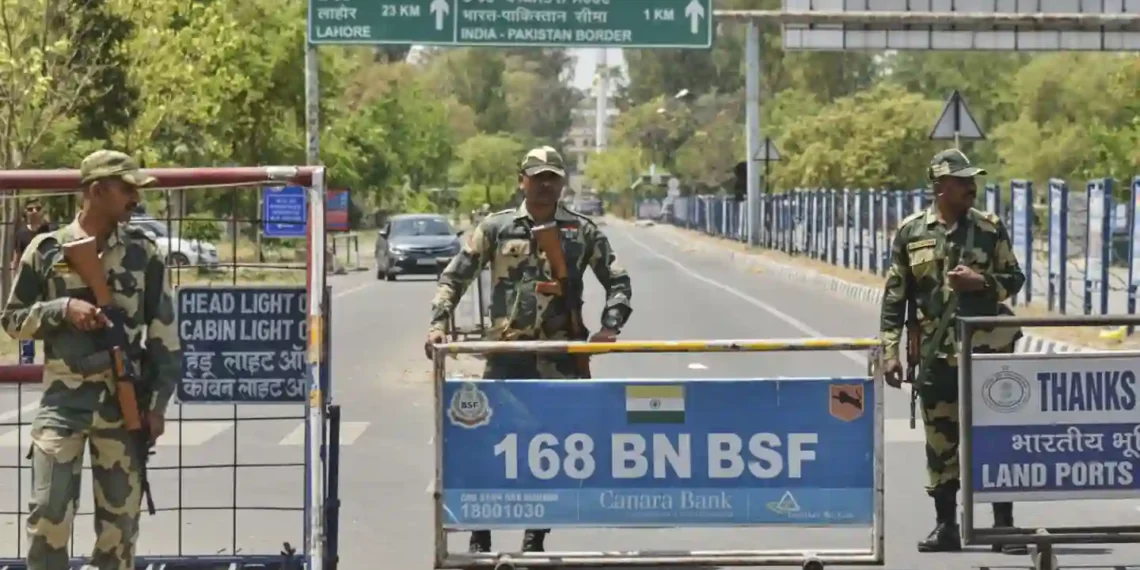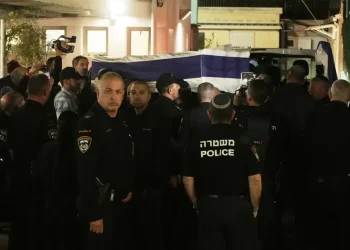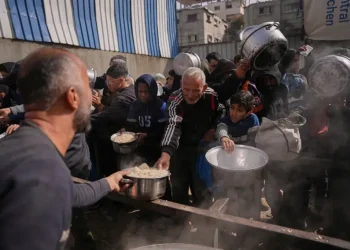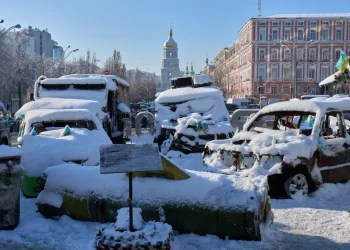India and Pakistan Escalate Tensions After Kashmir Attack Leaves 26 Dead
SRINAGAR, India — Tensions between India and Pakistan have sharply escalated following a deadly attack in Kashmir that killed 26 civilians. The fallout has triggered a wave of retaliatory measures on both sides, raising fears of further conflict in the region.
India, blaming Pakistan for the attack, revoked all visas for Pakistani nationals effective Sunday. Pakistani citizens currently in India have been ordered to leave before their visas expire. India also announced a series of additional punitive actions:
- Reduction of diplomatic staff in both countries
- Closure of the only operational land border crossing
- Suspension of the Indus Water Treaty, a landmark agreement that has endured through multiple wars
Pakistan struck back by:
- Closing its airspace to Indian-owned and operated airlines
- Suspending all trade with India, including indirect trade through third countries
The attack, which targeted civilians in the disputed region of Kashmir, is being described as the worst in years. India claims the assault has clear “cross-border links” to Pakistan, though no public evidence has been presented. A group calling itself Kashmir Resistance claimed responsibility.
Pakistan has denied any involvement, condemning what it calls India’s “belligerent measures.” Islamabad warned that any attempt by India to halt or redirect river flows under the water-sharing agreement would be considered an “act of war.”
Top ministers in both countries have hinted at the possibility of military action.
Pakistan’s Foreign Minister Ishaq Dar said any aggressive move by India would receive a “tit-for-tat kinetic response.”
India’s Defense Minister Rajnath Singh pledged to find and punish both the perpetrators and their backers.
Prime Minister Narendra Modi also sent a strong message at a rally:
“We will identify, track, and punish every terrorist, their handlers, and their backers. We will pursue them to the ends of the earth.”
India’s suspension of the Indus Water Treaty — a World Bank-brokered agreement from 1960 that governs the use of shared rivers — is particularly significant. The treaty has survived two wars and a major border conflict. For Pakistan, where agriculture heavily relies on these rivers, any disruption could be devastating.
Pakistan responded by staging public protests, with demonstrators gathering in cities like Islamabad outside the Indian High Commission, demanding a strong response.
Since 2019, when Modi’s government revoked Kashmir’s semi-autonomous status, tensions have remained high. While a ceasefire was renewed in 2021, this recent attack has put that fragile calm at risk.
Experts warn the situation could spiral.
Ashok Malik, a former Indian foreign ministry advisor, noted that military retaliation is on the table.
“There’s space for kinetic action under the nuclear threshold,” he said.
Meanwhile, Praveen Donthi of the International Crisis Group cautioned that Modi’s tough talk may leave India with limited options if tensions continue to rise.
The attack also sent shockwaves through Kashmir itself. Typically, militant actions target security forces, not civilians or tourists. But this incident triggered a rare outpouring of public grief.
Locals held candlelight vigils, and many businesses shut down in protest and mourning.
“People here are in fear and panic,” said Manzoor Ahmed, a hotel owner. “This will scare off the few tourists we have left.”
Several funerals have taken place across Indian cities, with an atmosphere of national grief and rising anger.
This article was rewritten by JournosNews.com based on verified reporting from trusted sources. The content has been independently reviewed, fact-checked, and edited for accuracy, neutrality, tone, and global readability in accordance with Google News and AdSense standards.
All opinions, quotes, or statements from contributors, experts, or sourced organizations do not necessarily reflect the views of JournosNews.com. JournosNews.com maintains full editorial independence from any external funders, sponsors, or organizations.
Stay informed with JournosNews.com — your trusted source for verified global reporting and in-depth analysis. Follow us on Google News, BlueSky, and X for real-time updates.













